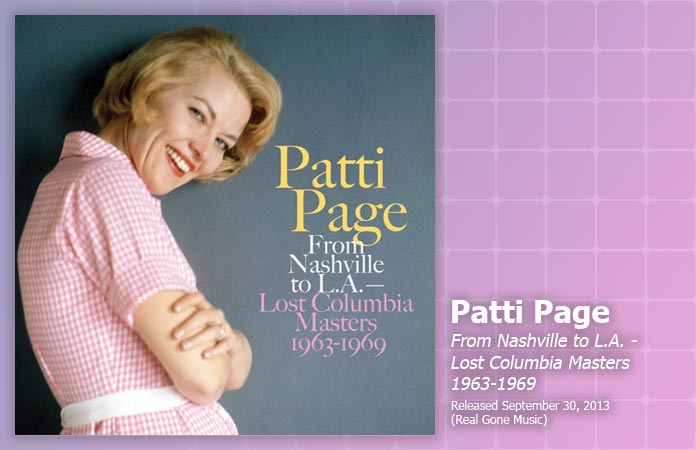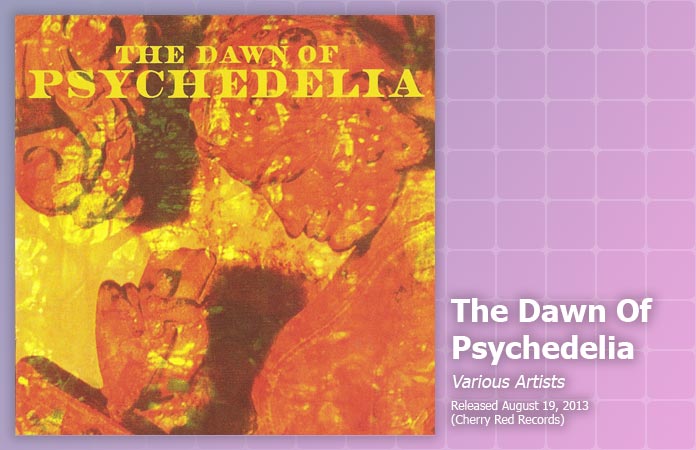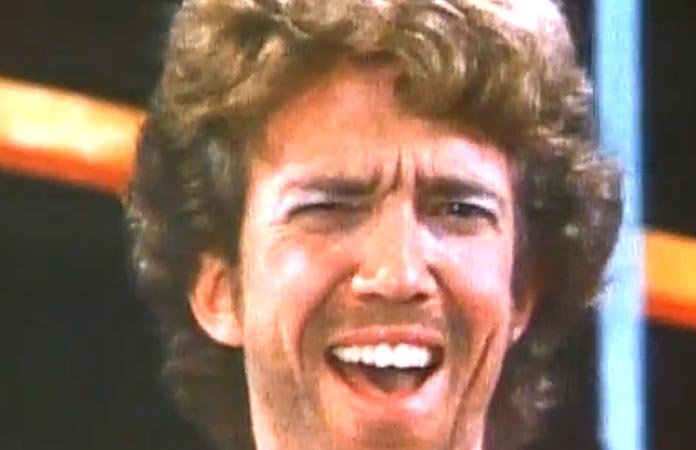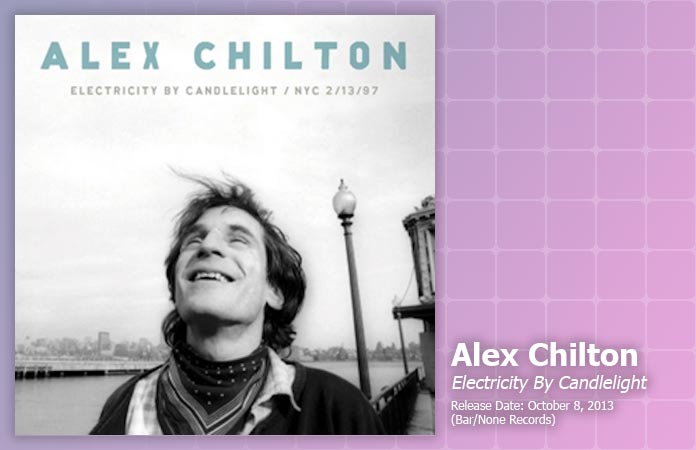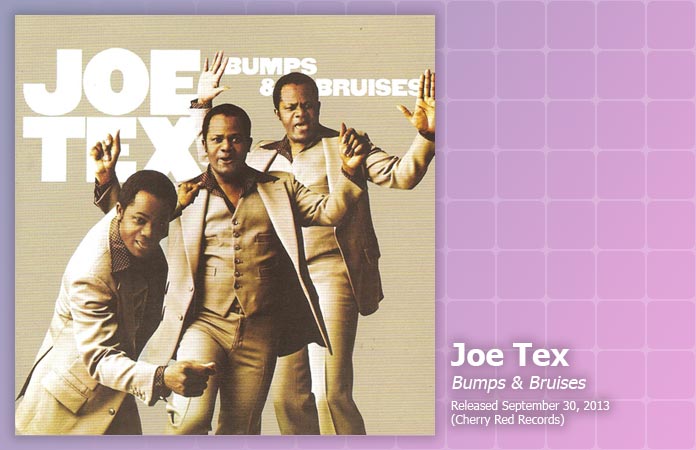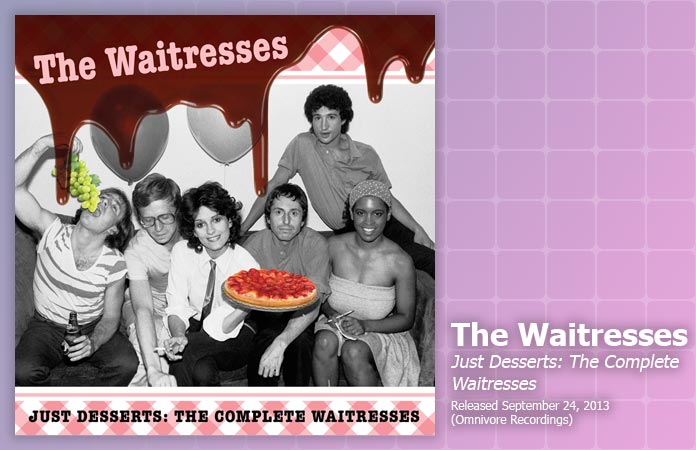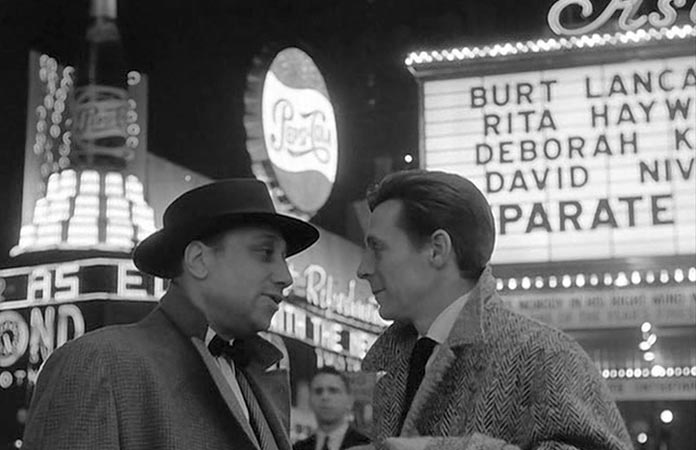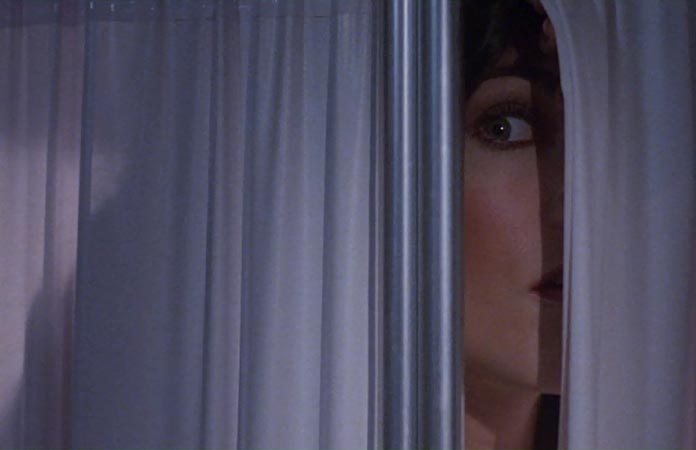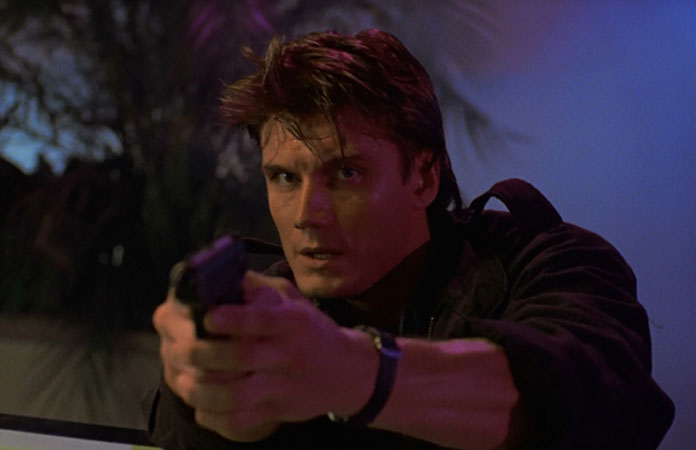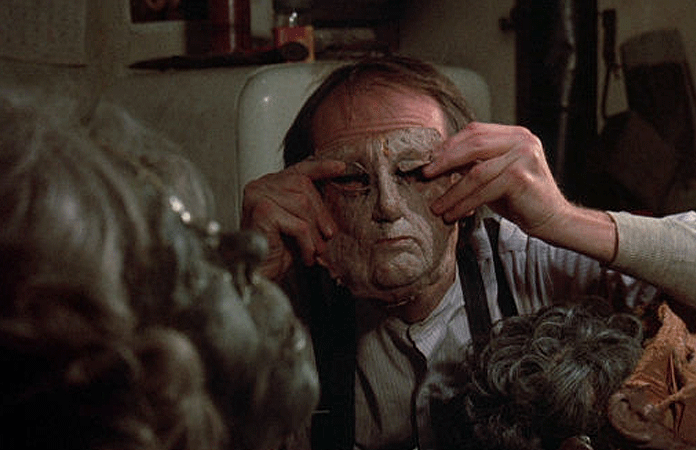Music Review: Patti Page, From Nashville to L.A. – Lost Columbia Masters 1963-1969
Published on October 29th, 2013 in: Current Faves, Feminism, Music, Music Reviews, New Music Tuesday, Retrovirus, Reviews |The new Patti Page release From Nashville To L.A.—Lost Columbia Masters 1963-1969 is comprised of unreleased masters from recording sessions in the 1960s. In those days, recording sessions consisted of laying down several tracks in a span of three or so hours, usually three or four songs live with an orchestra. The most commercial pieces would be put out as singles, others would be used as B-sides or album tracks, but there would almost always be songs that didn’t meet either criteria. From 1962-1970, Patti Page recorded almost 200 songs for Columbia. Fifty or so were singles; many were on albums. These leftovers, in no way inferior, are being released on From Nashville To L.A. for the first time.
Music Review: Various Artists, The Dawn Of Psychedelia
Published on October 24th, 2013 in: Culture Shock, Current Faves, Music, Music Reviews, Retrovirus, Reviews |After listening to Cherry Red Records’ vast two-CD set The Dawn Of Psychedelia, I feel that I can say without a doubt that the humble flute launched the psychedelic revolution. Or possibly the sitar. Or a combination of both.
The Dawn Of Psychedelia attempts to trace back the origins of the Aquarian Age that defined the music of the ’60s. Sometimes, it hits the nail on the head. Other times, it sounds a bit like filler.
Hungry For Love, Part 5: 15 More Cringe-Inducing Videos
Published on October 10th, 2013 in: Music, Retrovirus, Video |By Julie Finley
This is the fifth installment of a series of visual and aural assaults found on the web. My partner, Jim R. Clark, wrote the first four but since I am currently crippled due to a massive herniated disc in my lumbar region (and I go in for surgery soon), I have a laptop, and a lot of free time on my hands. I have taken the over the reins on this chapter, but to be fair, both of us have found these various videos in this collection. There are no specific genres here; this is crap culled from every toilet bowl!
Music Review: Alex Chilton, Electricity By Candlelight
Published on October 7th, 2013 in: Current Faves, Music, Music Reviews, Retrovirus, Reviews |Electricity By Candlelight is the kind of record that music nerds dream of. Imagine your favorite musician playing an acoustic set of his favorite songs, things by the artists who influenced him, to a very intimate, engaged crowd. Imagine that he is playing in a venue where a storm has knocked out the electricity, and he’s playing in a nearly pitch black room, illuminated by only three table candles. And you have had the foresight to bring your trusty tape recorder, which is great, because if you hadn’t documented it, no one would believe it even happened.
Music Review: Joe Tex, Bumps & Bruises
Published on October 7th, 2013 in: Current Faves, Music, Music Reviews, Retrovirus, Reviews |For a while, Joe Tex billed himself as “The Clown Prince Of Soul.” He was a gifted mimic and on one occasion, annoyed James Brown so badly that Brown tracked Tex to a club and shot it up while Joe Tex hid outside. That part isn’t so funny. The collection of songs on BBR’s reissue of 1977’s Bumps & Bruises, however, is often hilarious.
Joe Tex converted to Islam at the height of his career, while still riding high from 1972’s chart success of “I Gotcha.” He quit recording for five years and came back during disco fever. Bumps & Bruises is disco filtered through Tex’s unique sense of humor and funk.
Music Review: The Waitresses, Just Desserts: The Complete Waitresses
Published on October 1st, 2013 in: Current Faves, Feminism, Music, Music Reviews, New Music Tuesday, Retrovirus, Reviews |To bite a phrase from The Simpsons, is there a more misunderstood and underrated new wave band than the Waitresses? Those familiar with them in these post-millennial times probably only know their trio of radio hits—”I Know What Boys Like,” “Christmas Wrapping,” and the theme song from the sitcom Square Pegs. While these songs don’t misrepresent their work, their songs were weirder, complex, and more interesting than those three tracks would suggest. For many years, the only way curious listeners could hear the band’s deep tracks was to seek out The Best of the Waitresses, a remastered-for-CD compilation from 1990. Omnivore Recordings has finally given the Waitresses their Just Desserts with a two-disc collection of their recordings for Polydor.
Blu-Ray Review: Two Men In Manhattan
Published on September 21st, 2013 in: Blu-Ray, Current Faves, DVD/Blu-Ray Reviews, Movie Reviews, Movies, Retrovirus, Reviews |There’s a quote from Quentin Tarantino on the Blu-Ray case for Two Men in Manhattan: “Jean-Pierre Melville is to the crime film what Sergio Leone is to the western.” Those who’ve not yet heard of the French filmmaker might expect his films to be as brash and blood-soaked as Tarantino’s. Although Melville’s milieu was far more restrained, it’s no less exciting to watch.
Blu-Ray Review: X-Ray (a.k.a. Hospital Massacre) and Schizoid
Published on September 12th, 2013 in: Blu-Ray, Current Faves, DVD/Blu-Ray Reviews, Horror, Movie Reviews, Movies, Retrovirus, Reviews |When I was younger, probably around the age of 14, I would help my mother at her job. She would pay me a hefty allowance and I could spend that on whatever I wanted. I used to save up my cash, go on Ebay, and buy box lots of VHS tapes of horror films (I still do this by the way). I would buy anything that I saw on there and spend my weekends staying up late to watch these movies.
One of those large lots I bought contained a cut VHS box fitted into a clear clamshell. It read Hospital Massacre. Upon pulling several titles to watch one night, it was first on my list. Not only was Barbi Benton in it, but Boaz Davidson also directed it. He also directed my favorite ’80s teen film of all time, The Last American Virgin (in the same year of 1982, I might add.)
Blu-Ray Review: I Come In Peace (Dark Angel)
Published on September 9th, 2013 in: Action Movies, Blu-Ray, Current Faves, DVD/Blu-Ray Reviews, Movie Reviews, Movies, Retrovirus, Reviews, Science Fiction |Just when I thought Scream Factory has outdone themselves, they have the balls to release Dark Angel (a.k.a. I Come In Peace). I honestly don’t know where to begin with a film like this. First, it has Dolph Lundgren. Second, it has Dolph Lund . . . wait. It doesn’t matter what else it has; this film is insanely badass.
Blu-Ray Review: Deranged
Published on September 3rd, 2013 in: Blu-Ray, Current Faves, DVD/Blu-Ray Reviews, Horror, Retrovirus |Most people know names like Dahmer, Manson, Gacy, and Bundy, but one name always seems to slip under the radar when serial killers are mentioned: Ed Gein. Some might think that name sounds familiar; most people know of the films The Texas Chainsaw Massacre, Psycho, and Silence of the Lambs. All were inspired by the slayings of Ed Gein and his weird, emotionally f-freaking-uped mind.
Arrow Films recently released a film called Deranged. It is also based on Gein’s life and comes pretty close to the actual storyline. Even for 1974, Deranged pushes all sorts of limits; it has a dark and unexpectedly twisted side. About midway through the film it takes a turn into the unknown, into the psyche of Ed Gein. We get to see his disturbed mind from the inside out.
